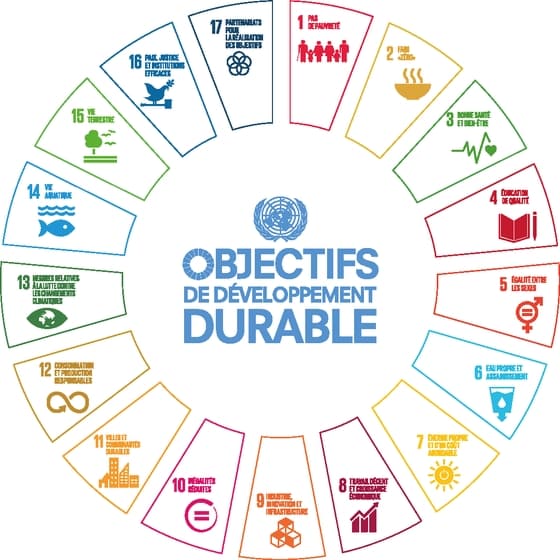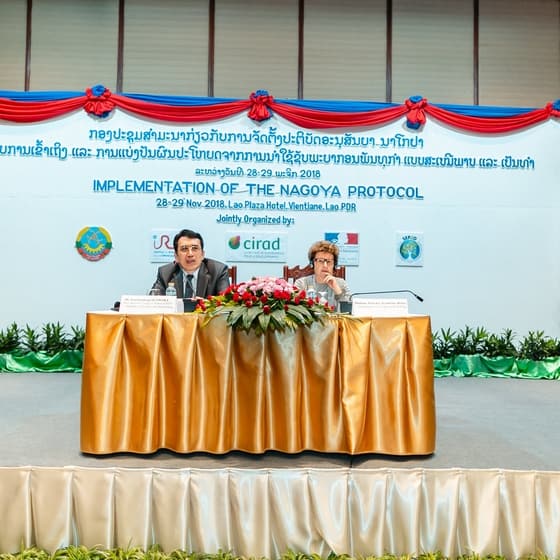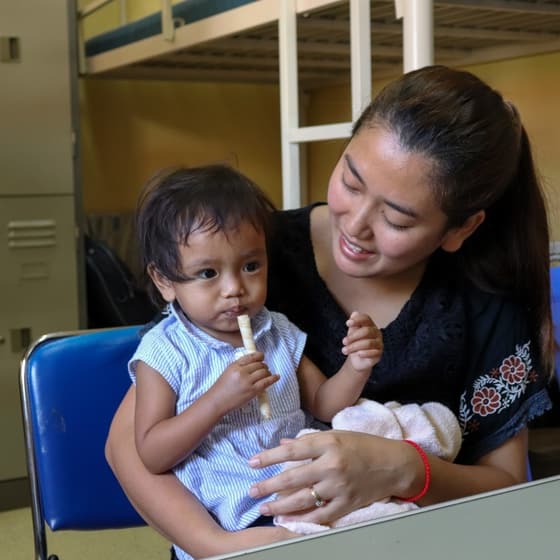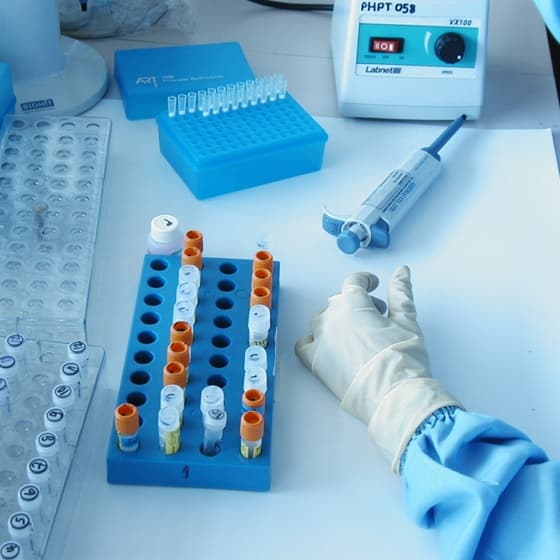In Asia, IRD’s research has a strong regional dimension and covers a vast range of themes: health, the human and social sciences, agriculture and soils, marine and coastal environment, biodiversity, volcanology, etc. There are currently 5 IRD representatives working there.

IRD co-organised this conference with the Vietnamese government, AFD, the French Embassy, UNESCO and other international institutions. Over two days, it brought together around a hundred participants, for seven round tables concerning the implementation of the 2030 Agenda.

Organised by IRD’s representative in Laos, CIRAD, the French Embassy, SEP2D and the Lao Ministry of Sciences and Technologies, this workshop was held on 28 and 29 November 2018, in Vientiane. Over 90 people attended, including representatives of the local authorities, researchers and students.

A partnership between UNICEF, IRD, the University of Copenhagen (CU) and Danish Care Foods (DCF), in collaboration with the Royal Government of Cambodia, has allowed the development of a new fish-based food, Nutrix, to combat severe acute malnutrition in children. The production site opened in December 2018 in Phnom Penh.

A clinical study, coordinated by IRD and Chiang Mai University, strengthens the case for a new strategy to prevent mother-to-child transmission of the hepatitis B virus. The results of this clinical trial, which was conducted in Thailand for 5 years, were published on 8 March 2018 in the New England Journal of Medicine.
Find out more
This event was co-organised by IRD in partnership with the University of Montreal and the University of Health Sciences in Vientiane. It provided an opportunity for productive exchanges between researchers in history, anthropology and public health from universities in the Global North and Global South.

